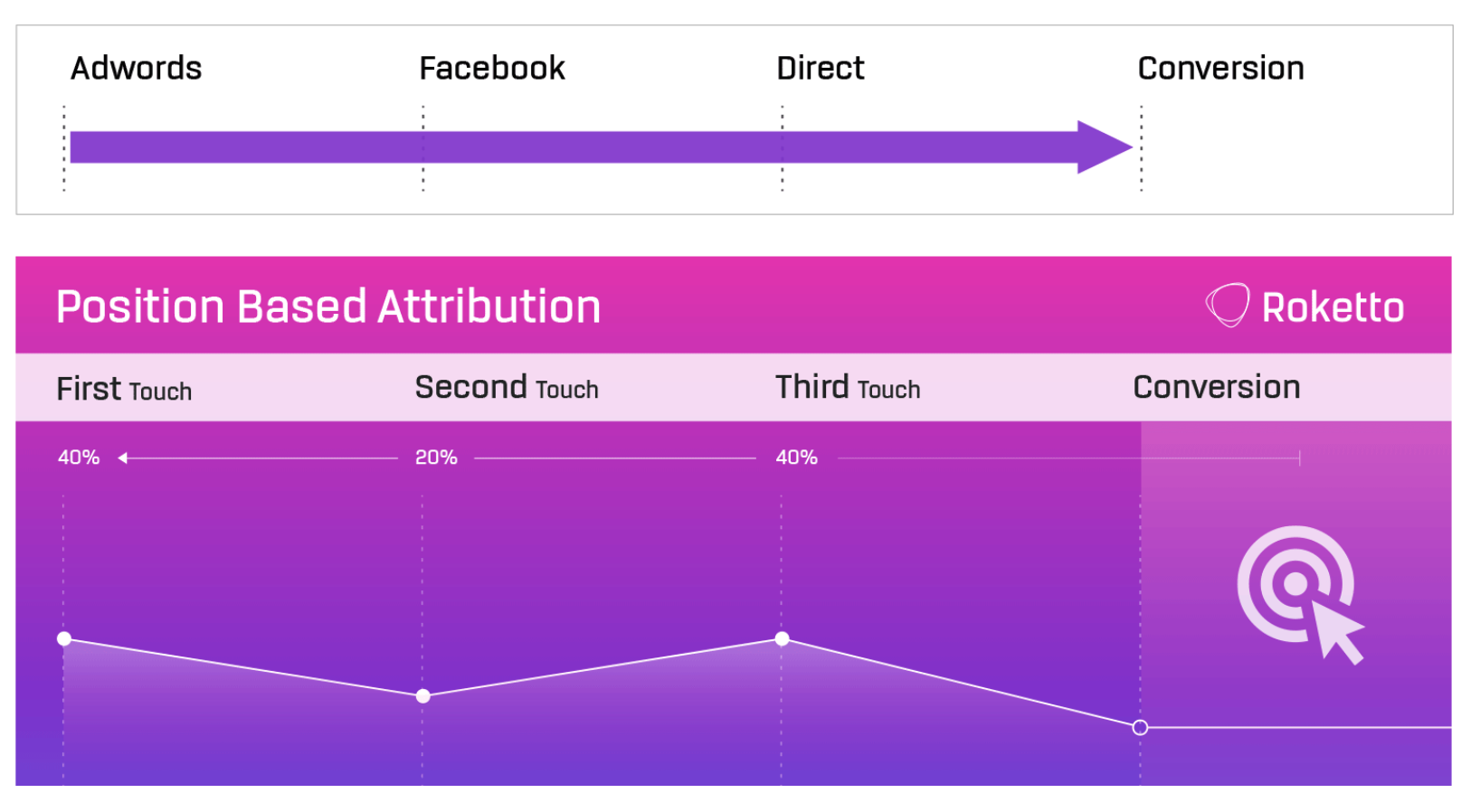Technology is complex, there’s no doubt about it.
That means that writing about it is also complex.
So if you’re a technology company, SaaS company, or an organization that otherwise pitches some sort of technological solution to a problem, how do you write effective content?
Let’s face it, your programmers and software engineers aren’t writers. They didn’t get top grades in math to be tasked with writing blogs for your website.
What you need is a professional writer that has a knack for understanding technology, and is well enough that they can write for both highly technical and layman audiences.
You need a technical content writer.
What’s that, you ask?
Let’s get into that right now.
What is Technical Blog Writing

Technical blog writing, also known as technical content writing, refers to SEO-focused content that explains complex details about software, applications, computer hardware, mobile devices, technology, and more in plain language that most people can understand.
Technical content writers often craft content in the form of:
- White papers, which are succinct documents, typically one or two pages, that present a complex issue and position a company’s product or service as the solution
- eBooks, which often go into great detail about a topic
- Blog posts or articles, which can be software or hardware guides, reviews, comparisons, or educational pieces
Like all types of content writers, a tech content writer needs to ensure that they are writing for an organization’s intended audience and using the correct brand voice and tone. They also need to consider typical SEO writing strategies like keyword research and search intent.
What is Technical Writing
Though it might sound like the same thing as technical blog writing (just with a missing word) technical writing is actually a very different form of writing.
Technical and occupational industries, such as computer hardware and software, consumer electronics, oilfield, environmental, and more require accurate drafting of technical communication documents.
These documents are often written by technical writers and include:
- Manuals
- Procedures
- Tutorials
- Release notes (a list of changes and updates made to a piece of software), step-by-step instructional guides, and more.
Content Writing vs Technical Writing
|
Content Writing |
Technical Writing |
|
SEO-focused, online writing that’s goal is to serve search intent and rank on search engines |
Provide plain language information that can be understood by specific audiences (internal and external) |
|
Writes articles, content marketing blogs, white papers, ebooks, press releases, etc. |
Writes procedures, tutorials, manuals, and other technical communication documents |
|
Uses a content management system (CMS) to publish content |
Uses an authoring tool (e.g. Document360, Adobe RoboHelp) to publish content |
|
Uses a content hierarchy (headings, bullets, lists, etc.) to organize content |
Uses structured authoring (a pre-defined set of rules using XML) to organize content |
Profile of a Tech Content Writer
Every content writer should have good spelling, grammar, and editing skills, that much is obvious. But when it comes to writing about technology, a tech content writer should not only have all of the above but also demonstrate the following qualities:
- An understanding of technology, including computer hardware, consumer electronics, software, and more
- Be able to translate complex technical concepts into easy-to-understand content
- With reviews or comparisons, be able to write as objectively as possible, focusing on facts and data rather than opinions
- Good research skills, with the ability to verify information as much as possible
Benefits of Hiring a Technical Content Writer
Opting for a technical content writer to write for your SaaS or technology company has its benefits over hiring a general content writer. A technical content writer can also collaborate with translation services to ensure complex technical content is accurately translated for global audiences, maintaining clarity and precision across languages. Let’s explore the main benefits below:
Can Translate Technical Concepts into Plain Language
Being able to understand software or hardware and explain it to someone like they’re a child is perhaps an underrated skill that technology content writers have. After all, apparently, even Einstein said, “if you can’t explain it to a six-year-old, then you don’t understand it yourself” (this quote isn’t actually verified in any way, but it proves the point all the same).
Understands When it’s Appropriate to use Jargon
A technology content writer is positioned uniquely in the content marketing services world, since they may find themselves writing for a layman audience or a super technical audience, depending on the organization they’re writing for. This means knowing their audience well enough to switch up their writing style to use more or less technical terms and jargon.
Using more technical language appeals more to the highly technical audience while using less technical language and more generally relatable explanations appeals to a more layman audience.
Can Write Evergreen Content that Educates Users
Any type of content that is always relevant, like FAQs, definitions, and guides, is called evergreen content. This type of content is beneficial for organizations to include on their website because it always has a chance to rank in search results, and always serves users’ search intent. If someone is searching for a definition, they won’t care if the content was written yesterday or ten years ago, they’ll only care if it answers their query.
Sure, all content writers can write evergreen content, but technical content writers can draw from their ability to understand and translate technical concepts to craft evergreen content that explains a process in a SaaS company’s app, or answers frequently asked questions that users have.
By focusing on evergreen content production, technology companies can see the following benefits:
- Reduced customer support calls and an overall improved customer experience
- Increased user education on software or applications
- Increased visibility and reputation for being an authoritative source of information in their industry vertical
- More (and higher quality) leads through meeting search intent
Challenges of Hiring a Technical Content Writer
While there are many benefits to hiring a tech content writer, there are potential challenges as well. Let’s explore potential ones below:
Might be Difficult to Find a Writer that Fits your Niche
If your company’s hardware or software solution targets a very specific and niche audience within an industry, it might be more difficult to find a writer with the right background and previous experience to have an instant understanding of what you do.
What this often means is that you need to shift your focus from finding that unicorn writer (that likely doesn’t exist) to focusing on finding a writer that demonstrates a quick understanding of different technical concepts (this should be obvious in their previous writing) and has a writing style that appeals to you.
Writer Education May Take Longer
Complex products and services take time to understand, especially for someone outside of your industry. While it’s not uncommon for a company hiring a technical content writer to have to provide them with education about a product or service, that level of education is often more demanding when it’s a product or service that solves a very niche, complex issue.
But at the end of the day, there’s really no getting away from it. If you want a writer to be able to craft high-quality content that resonates with your audience, you’ll need to provide them with the foundational information they need to do so. Of course, the technology writer should be researching, asking you questions, and otherwise taking steps to ensure they have a good level of understanding.
Too Technical or Not Technical Enough
Balance can be a tricky thing, especially when it comes to writing about technology. On one hand, technical content writers should use plain language when explaining a concept or piece of software, as it’s easier for everyone to understand. But on the other hand, not using enough jargon or technical terms might not provide enough context for a highly technical audience.
Tech writers have to juggle these issues with every piece they write, even if they know their audience well. A good rule of thumb that a good technical content writer should follow is to not overdo it one way or the other, meaning dialing back on the technical jargon to avoid going overboard, but not making the article too simplistic, either.
SEO Best Practices for Technical Content Writing
|
SEO Best Practice |
Description |
|
Staying Focused on the Core Keyword (Topic) |
It’s easy to get carried away talking about specs, benchmarks, and other technical details, so ensuring that the article stays focused on the core keyword and the intended audience |
|
Using keyword variations |
These are synonyms and other keywords that are related to the core keyword that enhance the searchability and context of the article |
|
Using Correct Article Structure |
Articles should follow a logical information hierarchy, including headings, bullets, lists, etc. |
|
Citing sources |
The reader shouldn’t doubt that the author knows what they’re talking about. This means citing high-quality sources whenever an assertion or claim is made that would logically need to be backed up. |
Conclusion
There you have it. When you’re hiring a technical content writer, you should focus on the following:
- The writer’s ability to take highly-technical concepts and explain them using plain language write objectively, and research effectively
- The writer’s ability to use SEO best practices with their writing
- An understanding that you may have to take the time to educate the writer on your product or service, especially if it caters to a unique industry vertical
If you’re ready to hire a technical content writer to craft content for your website, reach out to Roketto today!

Lisa Hoffart
Lisa Hoffart is a professional writer with several years of experience crafting well-researched content for a wide variety of industries, from legal, real estate, technology, and more. Lisa is a huge technology geek that loves video games and computers. In her free time, Lisa enjoys sewing, crafting, and hanging out with her cat.












2.png)
2.png)









